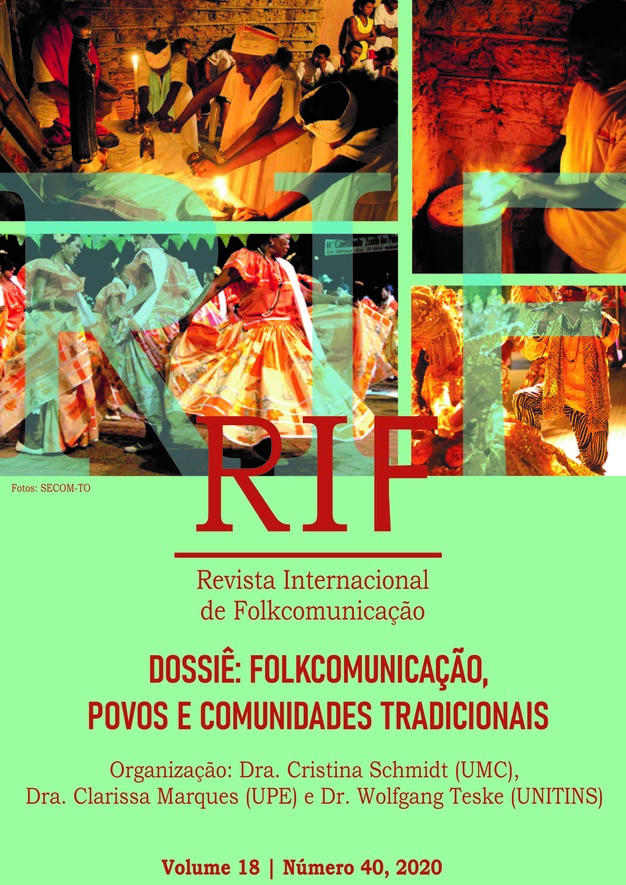Povos e Comunidades Tradicionais em confronto com megaprojetos energéticos no Sertão de Pernambuco
DOI:
https://doi.org/10.5212/RIF.v.18.i40.0009Resumo
O Sertão de Pernambuco é um campo etnográfico denso para compreender as dinâmicas e tensões existentes entre os Povos e Comunidades Tradicionais e a atuação de grupos de poder do setor energético brasileiro. Desde 1970 enumera a construção de megaprojetos de desenvolvimento do Estado, entre esses, o de construção de uma central nuclear com seis usinas nucleares às margens do Rio São Francisco. A instalação de empreendimentos nessa região está imbricada em relações históricas, econômicas e de poder. Estudar tal campo social implica, nesse sentido, problematizar as interações, heterogeneidades e os diferentes atores, forças, discursos e instituições que compõe tais contextos. Queremos, no entanto, chamar à atenção para as ações políticas que os Povos e Comunidades Tradicionais formulam na intenção de assegurar as existências coletivas. As cartografias sociais elaboradas por esses agentes, nessa direção, tem possibilitado compreender reivindicações à ideia de desenvolvimento que invisibiliza os grupos sociais atingidos, consistindo no que analiticamente definimos como repertório confrontacional. A partir da perspectiva etnográfica buscamos problematizar um contexto social em que é possível visualizar o acirramento de políticas governamentais que impulsionam a implantação de megaprojetos, violam direitos sociais e humanos e impactam o meio ambiente em escalas sem precedentes. Povos e Comunidades Tradicionais; Confronto Político; Central Nuclear do Nordeste; Cartografia Social.
Downloads
Downloads
Publicado
Como Citar
Edição
Seção
Licença

Este obra está licenciado com uma Licença Creative Commons Atribuição 4.0 Internacional.
Os autores são responsáveis, em qualquer que seja o formato do texto, pelas opiniões expressas ou indiretas presentes em seus respectivos trabalhos, não endossáveis pelo Conselho Editorial e pelos editores da Revista, bem como pela autenticidade do trabalho. Ao publicar trabalhos na Revista Internacional de Folkcomunicação, os autores cedem automaticamente os direitos autorais à publicação para veiculação das produções acadêmicas, sem ônus para a Revista. Os autores detêm os direitos autorais do texto para o caso de publicações posteriores e concedem à Revista Internacional de Folkcomunicação o direito de primeira publicação, com o trabalho simultaneamente licenciado sob a Creative Commons Attribution License, que permite o compartilhamento do trabalho com reconhecimento da autoria e publicação inicial nesta Revista. Por serem publicados em revista de acesso livre, os artigos são de uso gratuito, com atribuições próprias, em atividades educacionais e não-comerciais, sendo permitida a publicação simultânea em repositórios institucionais.































